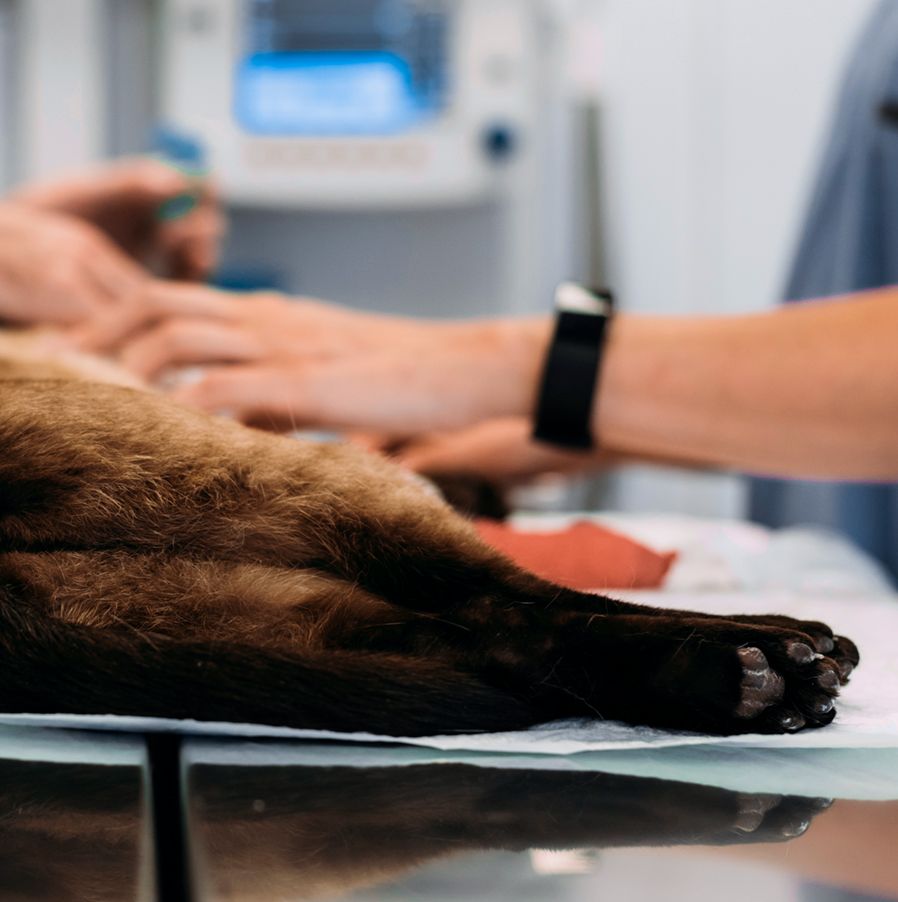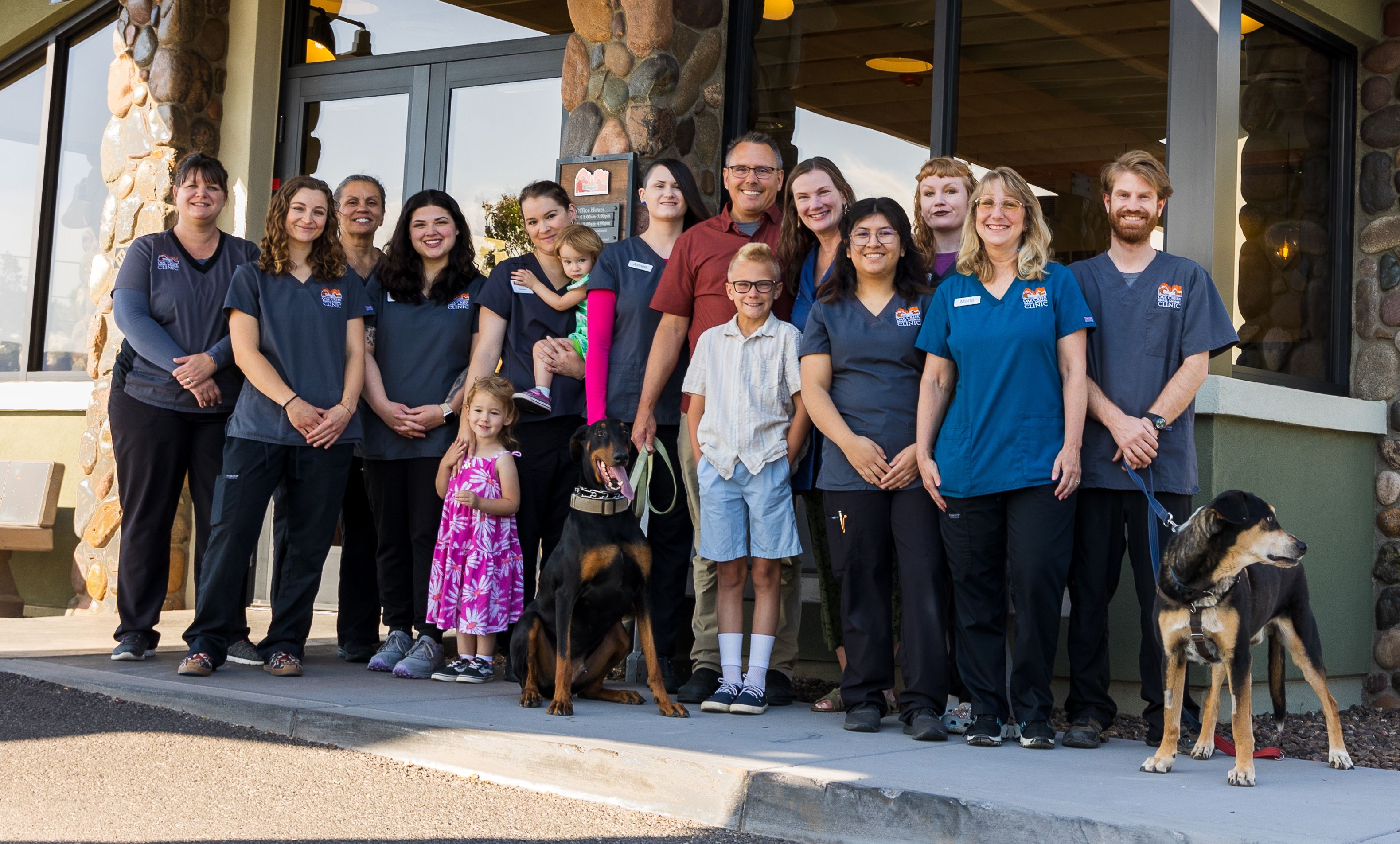
The Importance Of Fasting
Preanesthesia POlicy
Most animals (just like humans) require a fast from food before general anesthesia. This is because it is not uncommon for anesthesia to result in nausea or vomiting, and if a patient is sedated the risk of aspiration into the lungs is substantial. New guidelines by the American College of Veterinary Anesthesiologists suggest that a 6-8 hour fast is appropriate. We ask that you not feed your pet after midnight prior to an 8am check-in for anesthesia. For most, this means you will feed your pet the evening meal and then skip breakfast before check-in.
Allowing them to drink normal amounts of water is OK. If your pet is not a cat or a dog, please ask us for specific instructions (some exotic species or pocket pets should be offered food right up until the time of surgery). In addition, if your pet is taking medication please ask if it should be given before coming in, or brought with you to the clinic. If your pet is diabetic and dependent on insulin, you will receive specific instructions to feed your pet breakfast and give insulin as usual, with the procedure scheduled for mid-day, and then to resume feeding and insulin later that night.
This allows for the least disruption in diabetes regulation. As always, if you are not sure what to do or you have further questions, please call us prior to your scheduled appointment. And PLEASE, if you accidently feed your pet the morning of surgery, let us know. If we cancel the procedure please rest assured that it is your pet’s well being that we are concerned about and we will reschedule to keep them safe.



